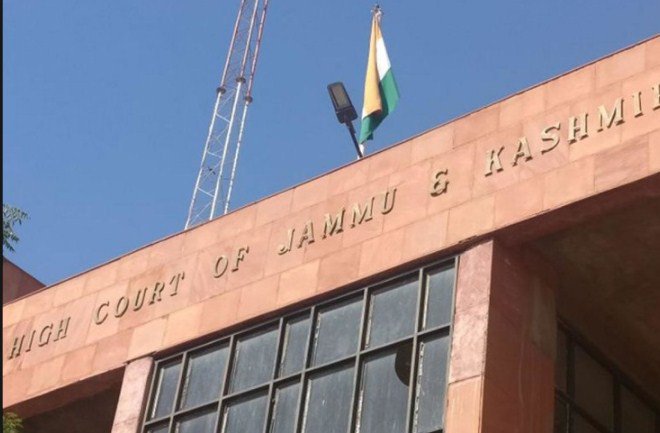Prerna Gala
Published on: September 11, 2022 at 20:25 IST
The Jammu & Kashmir and Ladakh High Court recently ruled [Union Territory of J&K vs. Javid Ahmad Shah] that public offering funeral prayers to a killed militant cannot be viewed as an anti-national activity of a magnitude that would rob them of their personal liberty under Article 21 of the Constitution of India.
A court panel led by Justices Ali Mohammad Magrey and MD Akram Chowdhary emphasised that the right to personal liberty is extremely valuable and that it may only be taken away in compliance with legal procedures.
“Offering of funeral prayers of a killed militant by the public at large, even at the instance of the respondents herein, who are stated to be elderly people of their village, cannot be construed to be antinational activity of that magnitude so as to deprive them of their personal liberty as guaranteed under Article 21 of the Constitution of India,” the Court said.
The court went on to say that when someone is accused of a crime, found guilty of the crime, and sentenced to jail, their personal liberty may be limited, citing the Supreme Court’s ruling in Maneka Gandhi vs. Union of India.
The choice was made after the government appealed a trial court verdict granted bail to the respondents for violating the Unlawful Activities (Prevention) Act (UAPA).
A local Hizbul Mujahideen (HM) terrorist was killed after a shootout with security personnel, and someone is accused of inciting the villagers to perform burial rituals in the militant’s place. This is when the tragedy started.
The FIR said that the imam of Masjid Sharief offered the Jinaza (funeral) in response to further provocation and that he continuously urged those praying to fight until they were liberated.
The trial court’s failure to recognise that there was sufficient evidence to connect each accused individual to the conduct of the crime was the State’s major defence.
The High Court upheld the judgement granting bail while noting that the court below was justified in its observations made in the ruling when deciding the matter.
“No individual can be deprived of his fundamental right of liberty guaranteed under Article 21 of Constitution of India,” the High Court held.
The High Court further emphasised that there was no evidence against the accused that would have justified denying him or her bail.
“We, thus, found no ground for interference with the impugned orders, same are upheld. Resultantly, both the appeals are, dismissed.”

